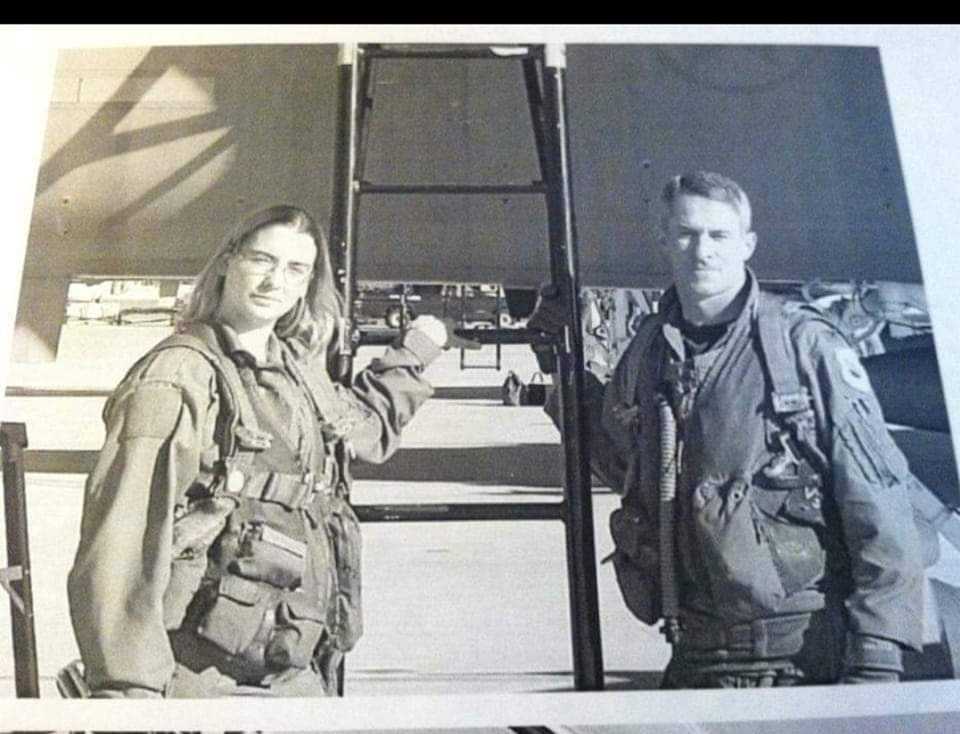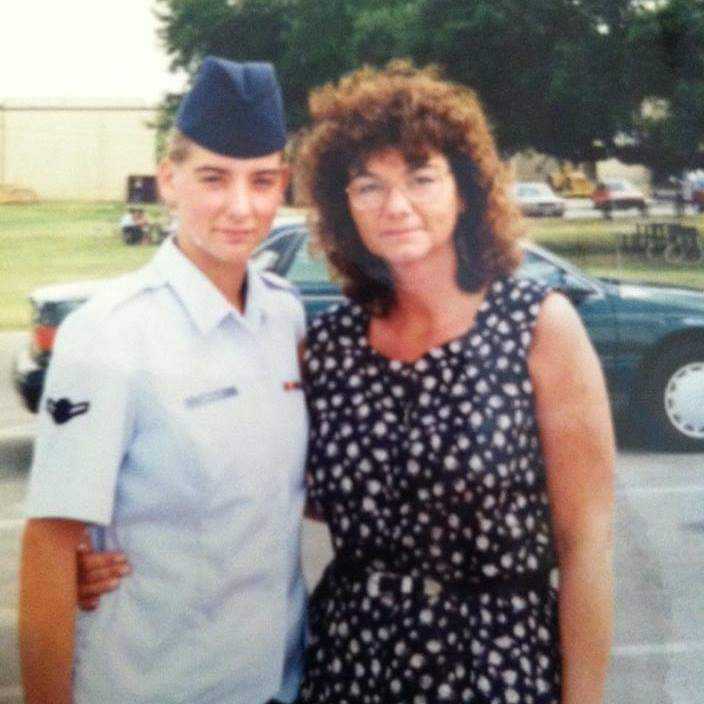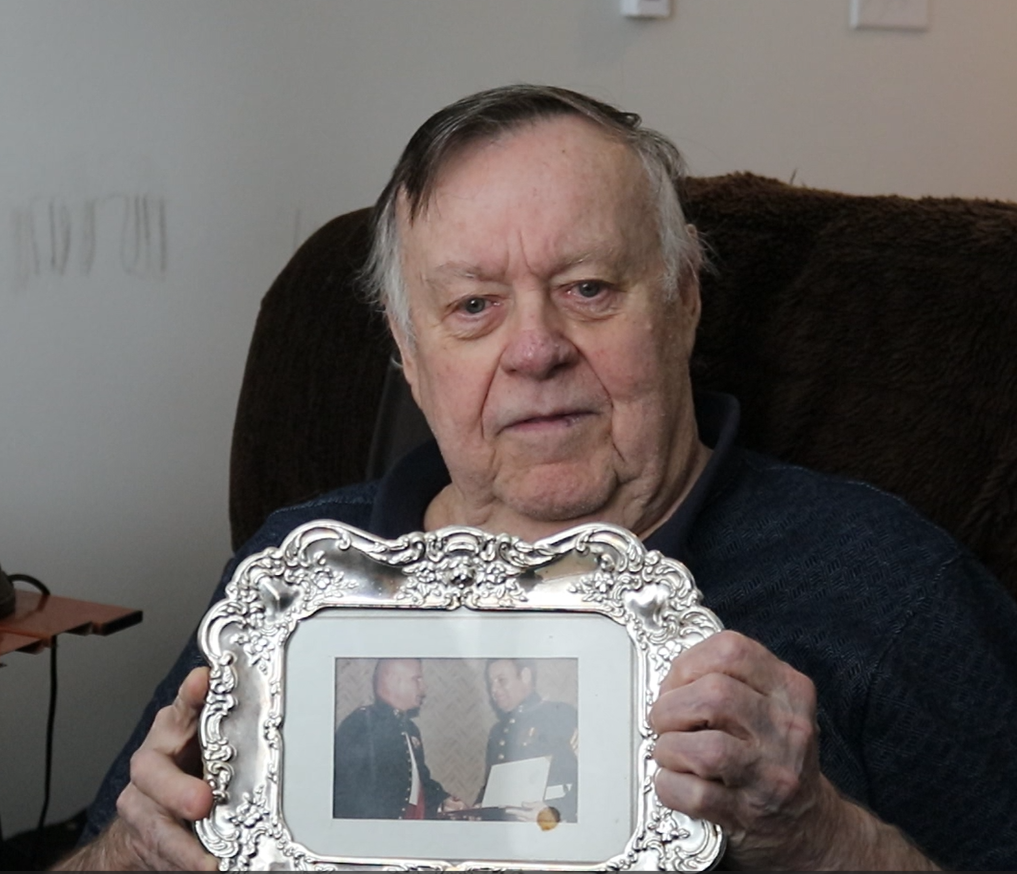As a United States Air Force veteran, Helping Hands Food Bank CEO Rebecca Skrinde has always gone above and beyond to assist veterans who come to Helping Hands for support.
“We are brothers and sisters in arms,” Skrinde said. “There are some things that just connect humans together, and military service is one of them.”


Helping Hands Food Bank CEO, Rebecca Skrinde in the Air Force
Since taking the helm of Helping Hands Food Bank nine years ago, Skrinde and Helping Hands staff have helped countless veterans facing food insecurity. As with the general population, though, hunger is the symptom of other issues that need to be addressed. Additionally, veterans often face challenges unique to their service, including difficulty transitioning military skills to civilian jobs, PTSD and other mental illnesses related to their service, disabilities caused by injuries, difficulty navigating the unique veteran services, and more.
“Being a food resource is a great way to get a foot in the door to see what else someone may need to thrive,” Skrinde said.
Four million veterans in the United States experience food insecurity. It is estimated that one in six military and veteran families in Washington State struggle with hunger. One of the biggest issues is the struggle to access the resources available because of barriers like them being generally unavailable in their area and high qualification requirements. Compounded on this, is the fact that food insecurity among veterans is 13.9% higher in rural areas, which includes the entire Skagit County area.
For example, Carl served in the United States Marine Corps, but after he left the service, he found himself working two jobs and living in his vehicle with his dog. The Helping Hands Solutions Team met Carl in Anacortes while providing food and outreach to those who were unhoused in the area. They were able to get him temporary housing and a temporary internship working in the Helping Hands warehouse.
This safe and stable living situation allowed Carl to get back on his feet while Helping Hands and Skagit County Veteran Services worked to get his dog certified as a service animal and get them both permanent housing.

Jerry is 78 years old and served in the Marine Corps for 20 years before working in law enforcement until retirement. Family difficulties and health issues left Jerry’s housing situation in question, so local hospital staff reached out to Helping Hands. Jerry was able to get into an apartment with the assistance of Helping Hands staff and was added to a mobile food delivery route because of his mobility challenges.
“Helping Hands has gotten me food that I wouldn’t be able to get otherwise,” said Jerry.
Todd worked at a restaurant for eight years while unhoused after he left the Army. Because he was unhoused and suffered from mental conditions, he had been unable to file the appropriate paperwork needed to claim his military benefits. Helping Hands outreach staff met Todd while offering food and services to those living in a local unhoused community and, after taking time to build a trusting relationship, were able to help him file the necessary paperwork to access his military benefits and get into housing.
“I don’t know where I’d be without Helping Hands,” said Todd.
Veterans living with disabilities are more than 20 times more likely to be unhoused and 10 times more likely to be food insecure. Unfortunately, this was the situation Todd found himself in for two decades. Helping Hands staff diligently worked with Todd to support him with what he needed to address the root cause of his situation.
Living a life of food scarcity is not what our veterans deserve. At Helping Hands Food Bank, we do more than provide nutrition to those who need it; we provide solutions with the dignity people, especially veterans, deserve.
Sources:
https://feedourvets..org/about/fov
https://moveforhunger.org/why-are-so-many-veterans-food-insecure
